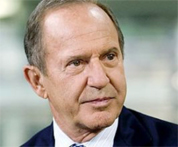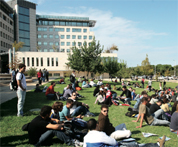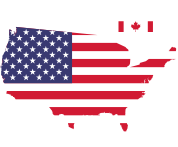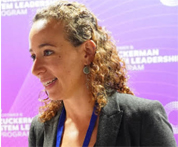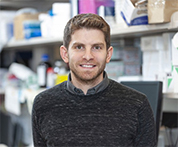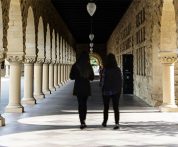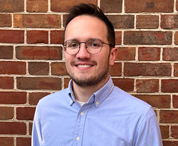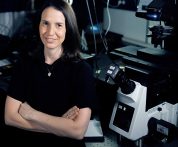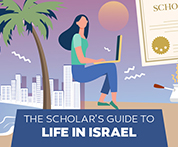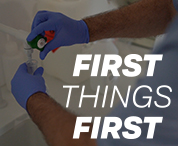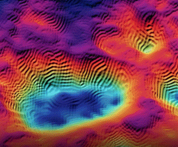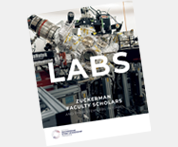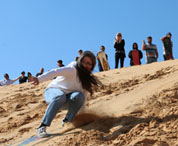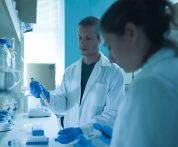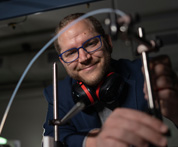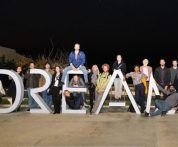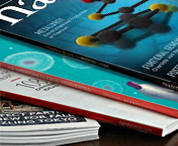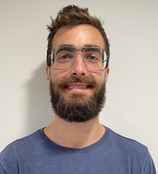Tomer Langberg’s doctoral research in the Molecular & Cell Biology Department of the University of California, Berkeley tested the dominant hypothesis that autism arises from an imbalance between synaptic excitation and inhibition in the brain that causes neurons to generate too many spikes. These excess spikes constitute noise in neural codes in the cortex, says the theory, causing the social, communication, and sensory components of the disorder. To test this, Dr. Langberg used neurophysiological recordings of mice harboring genetic mutations that are prevalent in autism. His findings were a challenge to the prevailing model, suggesting that information-processing deficits in autism might arise from degraded neural coding (the process where signals in the environment are changed into neural activity patterns), rather than excess spikes.
Dr. Langberg is a Sagol Neuroscience Postdoctoral Fellow in the Department of Physiology and Pharmacology at Tel Aviv University, having previously received a Fulbright scholarship. He asks the question: What neuronal mechanisms ensure an appropriate response to stress? He focuses on mitochondria, whose function couples to the electrical excitability of neurons through the messenger, calcium. Can this coupling be toggled to alter neuronal function? Calcium transport into mitochondria is especially prevalent in neural circuits that control social cognition. Dr. Langberg hypothesizes that genetically disrupting this calcium transport could disrupt the physiological stress response in the brain and cause maladaptive social behaviors. He hopes to eventually promote resilience to stress-related mood disorders, and to psychiatric diseases that affect social cognition, such as Alzheimer’s disease and autism.
As a Zuckerman Scholar, Dr. Langberg is looking forward to becoming an active participant in Israeli science and culture, and acting as a bridge between American and Israeli neuroscientists in the future. He also hopes to run a multidisciplinary lab where scientists from all countries and disciplines can find technical and theoretical expertise, and contribute to the world’s growing body of knowledge.
 ISRAELI COUNCIL FOR HIGHER EDUCATION
ISRAELI COUNCIL FOR HIGHER EDUCATION MIT-Israel Zuckerman STEM Fund for Faculty Collaboration
MIT-Israel Zuckerman STEM Fund for Faculty Collaboration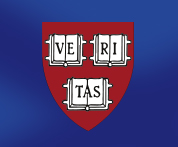 The Zuckerman Travel and Research STEM Fund at Harvard
The Zuckerman Travel and Research STEM Fund at Harvard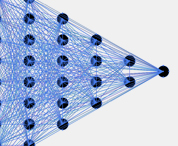 Zuckerman AI Fund at Technion
Zuckerman AI Fund at Technion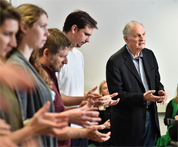 Alan Alda Communicating Science
Alan Alda Communicating Science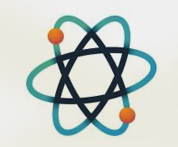 Zuckerman Institute – ScienceAbroad
Zuckerman Institute – ScienceAbroad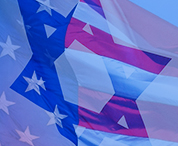 Zuckerman Institute – America-Israel Friendship League partnership
Zuckerman Institute – America-Israel Friendship League partnership

